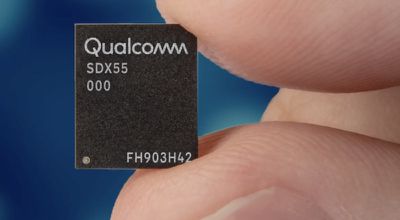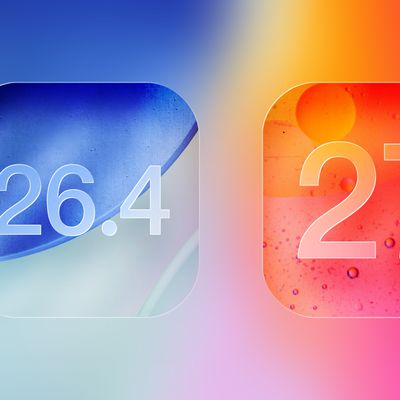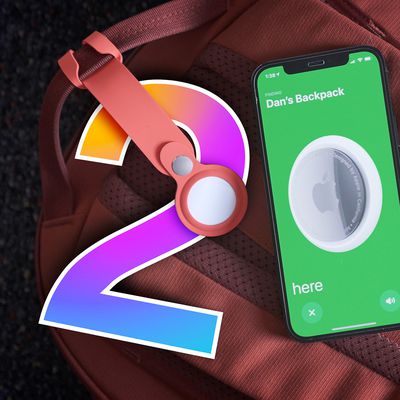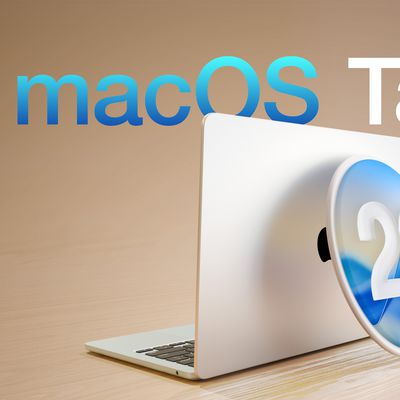The popularity of iPhone 12 models has led to soaring demand for Qualcomm's 5G modems and RF chips, helping to propel the chipmaker's revenues past that of rival Broadcom in the third quarter of 2020, according to Taiwanese research firm TrendForce.

Qualcomm reported $4.9 billion revenue in the third quarter, a 37.6% increase over the year-ago quarter, compared to $4.6 billion for Broadcom. TrendForce said Qualcomm's "remarkable performance" is partly attributed to re-entering Apple's supply chain earlier this year, after the two companies settled a lawsuit last year.
Apple's rekindled partnership with Qualcomm might not be for good, however, as Bloomberg recently reported that Apple has started developing its own cellular modem for future iPhones. The info was reportedly shared by Apple's senior vice president of hardware technologies Johny Srouji at a town hall meeting with Apple employees, and the move was expected after Apple purchased the majority of Intel's smartphone modem business last year.
In a research note shared with MacRumors today, Barclays analysts Blayne Curtis, Thomas O'Malley, Tim Long, and their associates provided some additional details about Apple's in-house modem, claiming that the chip will be "very much a high-end modem" with support for ultra-fast mmWave 5G, as with Qualcomm's Snapdragon X55 modem in iPhone 12 models.
"We believe that Apple has actually been working on this 5G modem for over a year and that this is very much a high-end modem, including support and chipsets for mmWave," the analysts said. "We do not believe they are [working] on any RF components beyond the mmWave."
mmWave is a set of 5G frequencies that promise ultra-fast speeds at short distances, making it best suited for dense urban areas. By comparison, sub-6GHz 5G is generally slower than mmWave, but the signals travel further, better serving suburban and rural areas. mmWave support on iPhone 12 models is limited to the United States.
As part of their settlement in 2019, Apple and Qualcomm announced that they had reached a multiyear chipset supply agreement, so it likely that it will be at least a few more years until Apple's in-house modem appears in devices.























